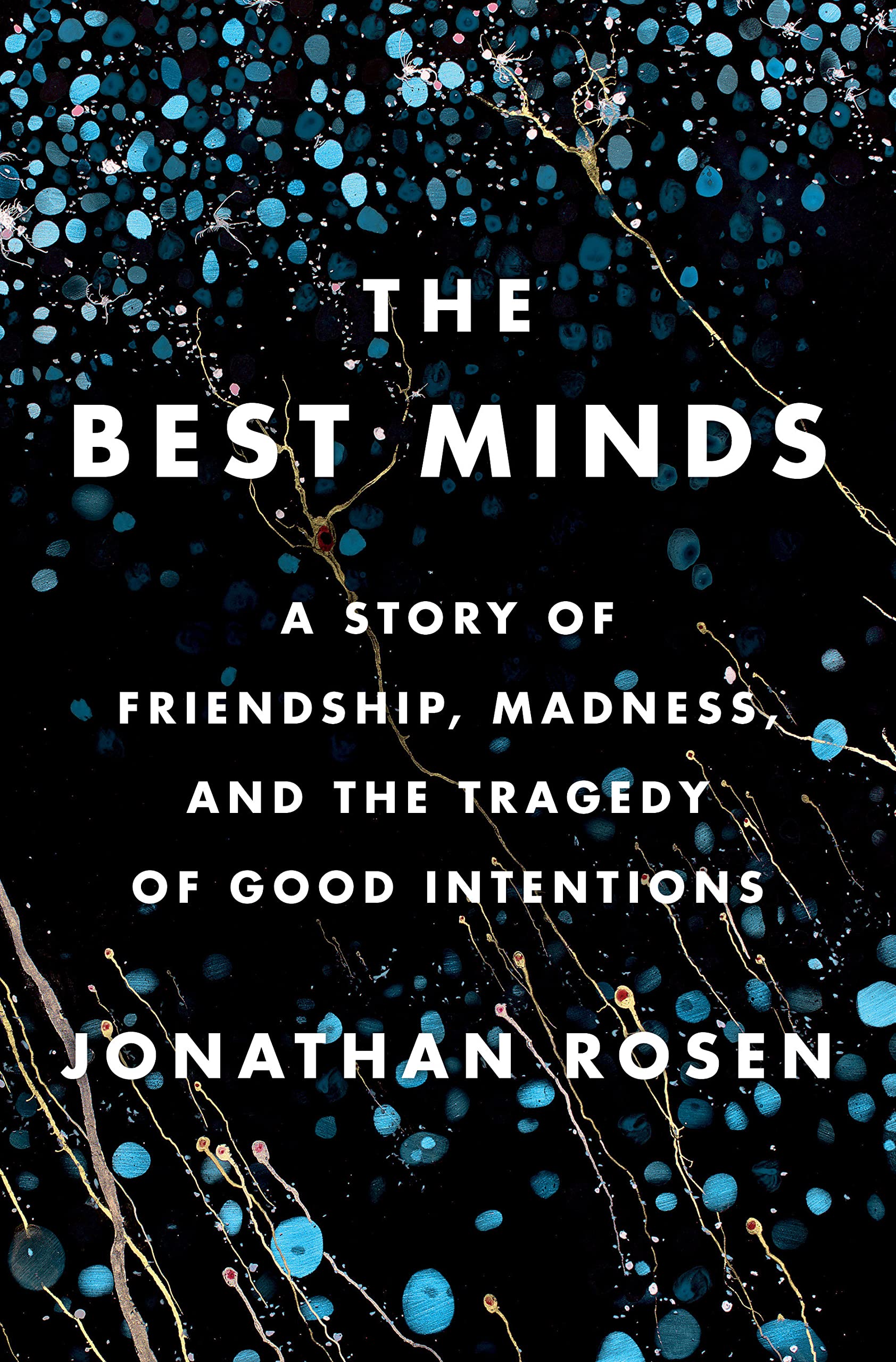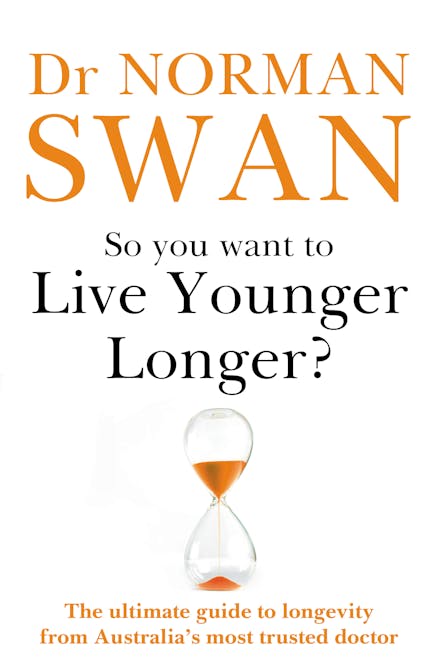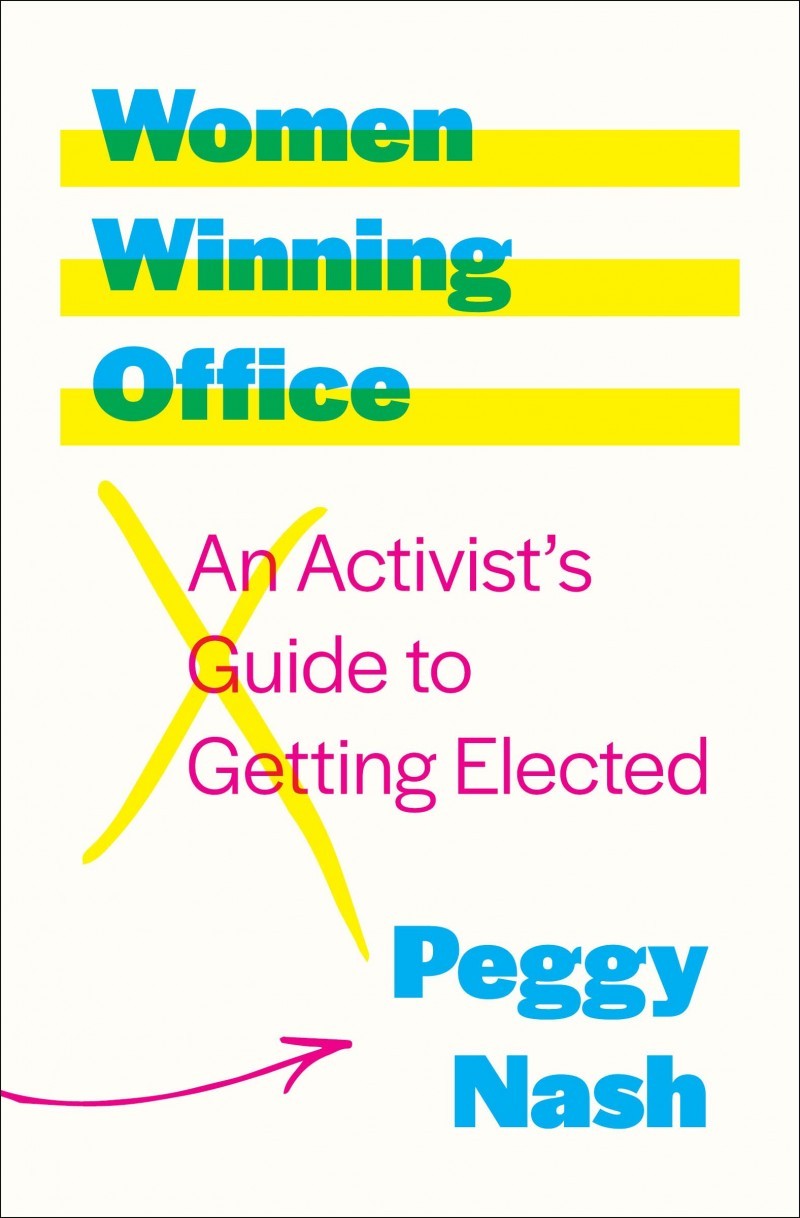 Jonathan Rosen became best friends with Michael Lauder at age ten. His outstanding new book, The Best Minds, offers an assiduously researched and compelling portrait of the man. It also raises questions about the responsibilities of friendship, and the human capacity for denial. Twenty-five years have elapsed since Lauder’s criminal unravelling, a span that has given Rosen space and time not only to research the people and ideas of this story, but to sift through his own complex feelings about Lauder and the path his life took.
Jonathan Rosen became best friends with Michael Lauder at age ten. His outstanding new book, The Best Minds, offers an assiduously researched and compelling portrait of the man. It also raises questions about the responsibilities of friendship, and the human capacity for denial. Twenty-five years have elapsed since Lauder’s criminal unravelling, a span that has given Rosen space and time not only to research the people and ideas of this story, but to sift through his own complex feelings about Lauder and the path his life took.
Tag: nonfiction
A review of His Majesty’s Airship: The Life and Tragic Death of the World’s Largest Flying Machine by S. C. Gwynne
 The book is primarily a history of airships and national pride. Throughout its pages we encounter one or another obsessive character who has a glorious vision, who is great at self-promoting, and who – all evidence to the contrary– believes he can attain the impossible. A safe, powerful, fast-moving airship. But all, all, are either building their vision upon faulty information, bad and dangerous science, and airy visions.
The book is primarily a history of airships and national pride. Throughout its pages we encounter one or another obsessive character who has a glorious vision, who is great at self-promoting, and who – all evidence to the contrary– believes he can attain the impossible. A safe, powerful, fast-moving airship. But all, all, are either building their vision upon faulty information, bad and dangerous science, and airy visions.
A review of A Social, Economic and Cultural History of Bingo (1906-2005) by Caroline Downs
 Carolyn Downs’ book is a must-read for anyone who’s ever dabbed a bingo card, called out a winning line, or simply wondered about the enduring appeal of this timeless game. It’s an affectionate, comprehensive and fascinating journey through the history of bingo, and a testament to its cultural, social and economic influence.
Carolyn Downs’ book is a must-read for anyone who’s ever dabbed a bingo card, called out a winning line, or simply wondered about the enduring appeal of this timeless game. It’s an affectionate, comprehensive and fascinating journey through the history of bingo, and a testament to its cultural, social and economic influence.
A review of SEO 2023: Learn Search Engine Optimization With Smart Internet Marketing Strategies by Adam Clarke
 Clarke’s book is an impressive, comprehensive guide that dexterously navigates the complex and often cryptic universe of SEO. It’s a challenging task to make such a technical subject palatable to a diverse audience, but Clarke manages to do so with aplomb.
Clarke’s book is an impressive, comprehensive guide that dexterously navigates the complex and often cryptic universe of SEO. It’s a challenging task to make such a technical subject palatable to a diverse audience, but Clarke manages to do so with aplomb.
On Writing and Failure by Stephen Marche
 Nobody needs a manuscript. Nobody needs a short story. Or a poetry collection. Or the next great American novel. Recounting James Baldwin’s advice in the Paris Review to ‘Write. Find a way to keep alive and write,’ Marche distills the bulk of dozens of pages of wisdom into four words: discipline, love, luck, and endurance. But these can all be distilled to endurance.
Nobody needs a manuscript. Nobody needs a short story. Or a poetry collection. Or the next great American novel. Recounting James Baldwin’s advice in the Paris Review to ‘Write. Find a way to keep alive and write,’ Marche distills the bulk of dozens of pages of wisdom into four words: discipline, love, luck, and endurance. But these can all be distilled to endurance.
A Review of The Sounds of Life by Karen Bakker
 Between and around the book’s hard science, the author wraps accessible and warmly told human narratives such as the tale of the dying man who on his last sea trip first realized whales communicated with each other. Thus, The Sounds of Life is filled with a certain kind of wild, brilliant charm that makes it very readable for the scientific and the nonscientific minded alike.
Between and around the book’s hard science, the author wraps accessible and warmly told human narratives such as the tale of the dying man who on his last sea trip first realized whales communicated with each other. Thus, The Sounds of Life is filled with a certain kind of wild, brilliant charm that makes it very readable for the scientific and the nonscientific minded alike.
A review of Dancing with the Muse in Old Age by Priscilla Long
 This compact 204-page handbook exhorts elders to manifest their creative passions, regardless of their past experience in creativity. The book is an invitation and a call to action. “Old age is a prime time to flourish in creative productivity,” Long says. “It is also a time to begin creative work.”
This compact 204-page handbook exhorts elders to manifest their creative passions, regardless of their past experience in creativity. The book is an invitation and a call to action. “Old age is a prime time to flourish in creative productivity,” Long says. “It is also a time to begin creative work.”
A review of So You Want to Live Younger Longer by Dr Norman Swan
 This is a book about enjoying your life with as much vigour and health as possible by making better lifestyle choice, not about living forever through a rich-person only, ageism that requires collagen injections, placental transfusions or high colonics (even if they are the secret to Keith Richards’ longevity). Of course ageing well is a privilege. Financial security along with access to high quality food makes all the difference.
This is a book about enjoying your life with as much vigour and health as possible by making better lifestyle choice, not about living forever through a rich-person only, ageism that requires collagen injections, placental transfusions or high colonics (even if they are the secret to Keith Richards’ longevity). Of course ageing well is a privilege. Financial security along with access to high quality food makes all the difference.
A review of Women Winning Office by Peggy Nash
 Should a woman run as an independent, or as a candidate for a recognized party? In Canadian municipal politics, everyone is an independent in theory. At the provincial and federal levels, most successful candidates have a party affiliation. Nash acknowledges that independent candidates are free of strong central control and vetting; adherence to policy and discipline, and the nomination process that a party requires
Should a woman run as an independent, or as a candidate for a recognized party? In Canadian municipal politics, everyone is an independent in theory. At the provincial and federal levels, most successful candidates have a party affiliation. Nash acknowledges that independent candidates are free of strong central control and vetting; adherence to policy and discipline, and the nomination process that a party requires
A review of The Strategic Poet edited by Diane Lockward
 Aside from the illuminating value of the poetry, these modern poems are a pleasure to read. While specifically published as a teaching tool for writers of poetry, anyone who appreciates contemporary poetry should find The Strategic Poet to be a valuable addition to a personal library. On top of everything else, it’s both a challenging and a fun book to study with, filled with insight, imagination, rewarding tasks, and exceptionally fine writing.
Aside from the illuminating value of the poetry, these modern poems are a pleasure to read. While specifically published as a teaching tool for writers of poetry, anyone who appreciates contemporary poetry should find The Strategic Poet to be a valuable addition to a personal library. On top of everything else, it’s both a challenging and a fun book to study with, filled with insight, imagination, rewarding tasks, and exceptionally fine writing.